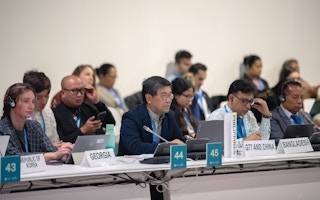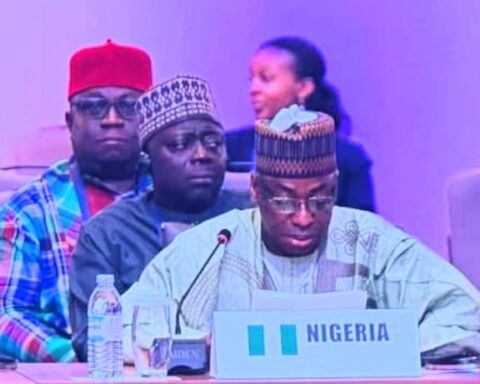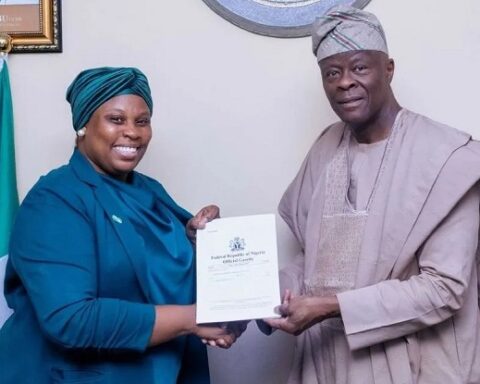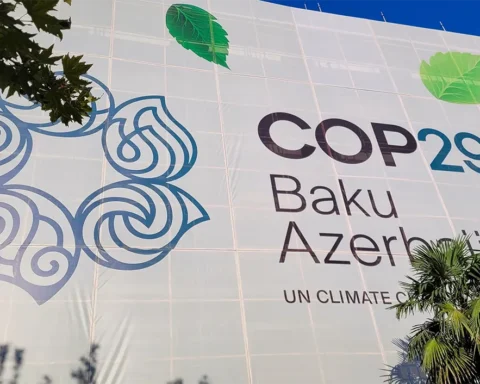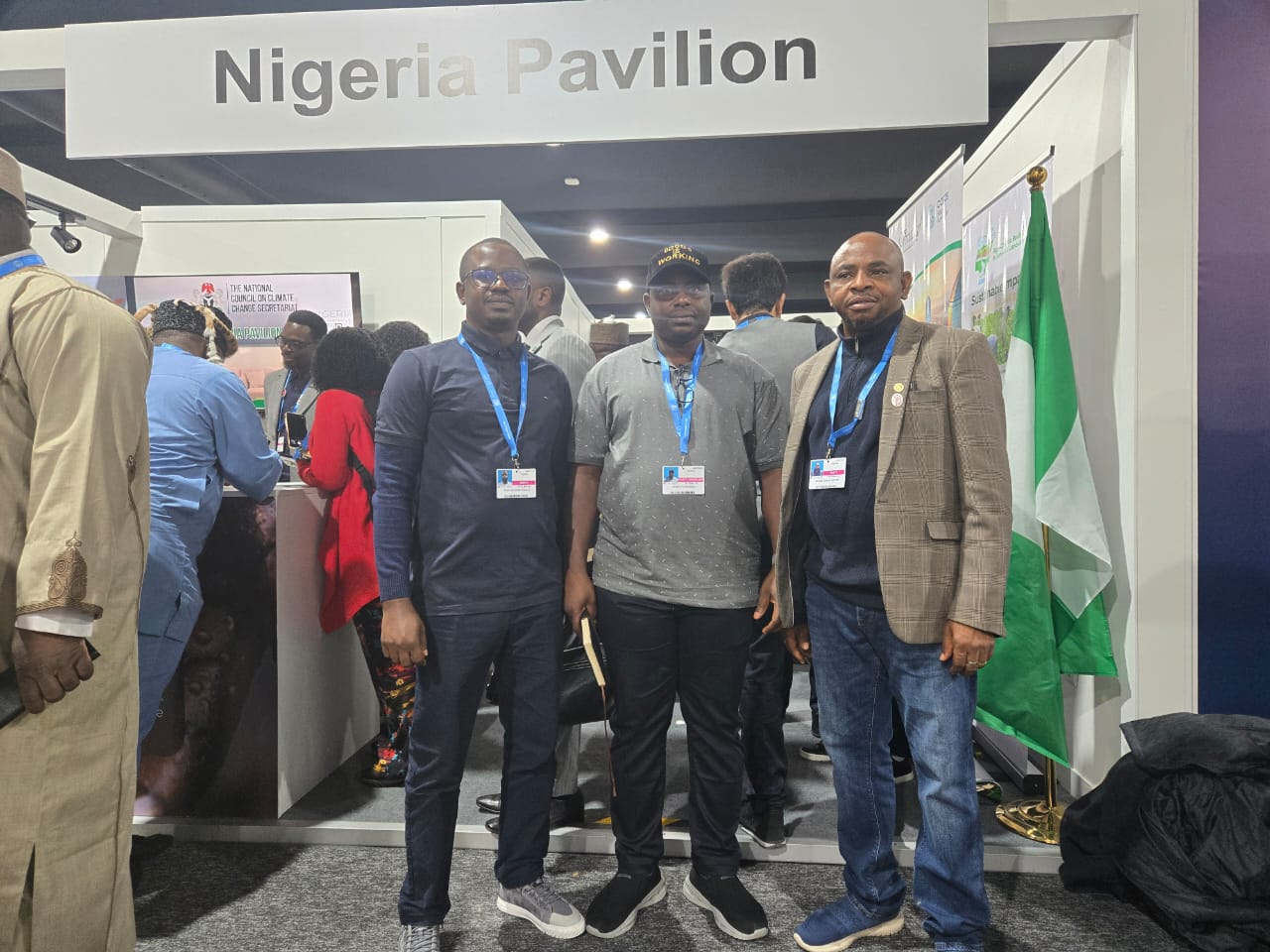As negotiations over the climate finance goal dragged on into the night at COP29 in Baku, civil society organisations (CSOs) representing millions globally issued strongly-worded letters to both the G77+China and developed countries, accusing the latter of obstructing progress.
The letter to the G77+China was delivered to Uganda’s Ambassador and Permanent Representative to the United Nations, Adonia Ayebare, at the conference venue.
Signed by 335 organisations, the letter commended the bloc’s stance against the draft text, describing it as unacceptable.
“The collective civil society constituencies and members present at COP29, supported by broader global civil society, wholeheartedly support your rejection of the current negotiating text,” the letter read.
It further emphasised that “no deal in Baku is better than a bad deal,” blaming developed nations for their intransigence.
Similarly, another letter signed by 156 organisations was delivered to representatives of developed countries, including the United States, the European Union, the United Kingdom, Canada, and Japan.
The letter, received by Trigg Talley, Director of Climate Negotiations and Programs at the US Department of State, criticised these countries for their “destructive role” in producing what it termed “an absolutely unacceptable NCQG draft negotiating text.”
The organisations called on developed nations to meet their legal obligations under the Paris Agreement by transitioning from fossil fuels, funding climate adaptation in developing countries, and facilitating technology transfer.
“Instead of shirking responsibilities, developed nations must lead the way in addressing the climate crisis,” the letter stated.
Civil society warned that a weak or nonexistent outcome from COP29 would leave developed nations bearing the blame for undermining global climate action.
By Dare Akogun


